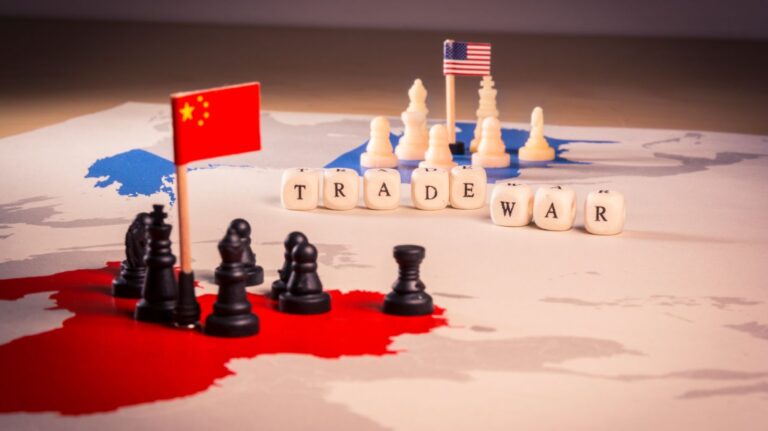On 1 February 2025, US president Donald Trump announced plans to implement a 25% additional tariff on imports from Canada and Mexico and a 10% tariff on imports from China. Since then, he has announced a 30-day pause on the implementation of these measures on both the US’ northern and southern neighbours; however, the tariff on Chinese imports has come into effect.
The reason given by the White House for these additional tariffs was to ‘hold Mexico, Canada, and China accountable to their promises of halting illegal immigration and stopping poisonous fentanyl and other drugs from flowing into [the USA]’.
On 3 February, Trump confirmed on social media platform Truth Social – owned by Trump Media & Technology Group – that agreements had been made with Canada and Mexico’s respective leaders to postpose the proposed 25% tariffs for a period of 30 days.
First, he posted: “I just spoke with president Claudia Sheinbaum of Mexico. It was a very friendly conversation wherein she agreed to immediately supply 10,000 Mexican soldiers on the border separating Mexico and the United States. These soldiers will be specifically designated to stop the flow of fentanyl, and illegal migrants into our country.
“We further agreed to immediately pause the anticipated tariffs for a one-month period during which we will have negotiations headed by secretary of state Marco Rubio, secretary of treasury Scott Bessent, and secretary of commerce Howard Lutnick, and high-level representatives of Mexico. I look forward to participating in those negotiations, with President Sheinbaum, as we attempt to achieve a ‘deal’ between our two countries.”
Later in the day, he wrote: “Canada has agreed to ensure we have a secure northern border, and to finally end the deadly scourge of drugs like fentanyl that have been pouring into our country, killing hundreds of thousands of Americans, while destroying their families and communities all across our country.
“[…] I am very pleased with this initial outcome, and the tariffs announced on Saturday will be paused for a 30-day period to see whether or not a final economic deal with Canada can be structured.”
Unlike these tariffs, the one imposed on China was not delayed, and came into effect on 4 February. China wasted no time in responding, reportedly introducing a 15% levy on US coal and liquefied natural gas (LNG) and 10% tariffs on the import of American crude oil, agricultural machinery, large-displacement cars and pickup trucks.
This escalating trade war between the US and China will no doubt have a significant impact on global supply chains.
At an event attended by Logistics Manager in London last week, former UK cabinet minister and The Rest is Politics podcast co-host Rory Stewart shared his thoughts on the impact of Trump’s post-inauguration executive orders on international supply chains. “We are now entering, with Donald Trump in 2025, a world that is – to put it very politely – far more unpredictable in every way,” he said.
Meanwhile in Brussels, UK prime minister Sir Keir Starmer responded to Trump’s comments that he will “definitely” impose tariffs on the European Union. “It’s early days,” Starmer said, “and what I want to see are strong trading relations.”
He later said in a press conference: “It’s really important that we work with both [the US and the EU] and that we don’t see it as an ‘either or’.
“[…] We’ve got a huge amount of trade between the US and the UK, as we have with the EU, and that’s why it’s important that I always act in the national interest, the best interests of the UK as we stay resolute [in] saying that it’s important we work with both sets of partners, particularly at this volatile time where I think it’s generally accepted and rightfully accepted that we face a more volatile world now than we have done for many decades.
“So now is the time to step up on all fronts, with both the US and the EU – it is not time to pull back on either front.”







